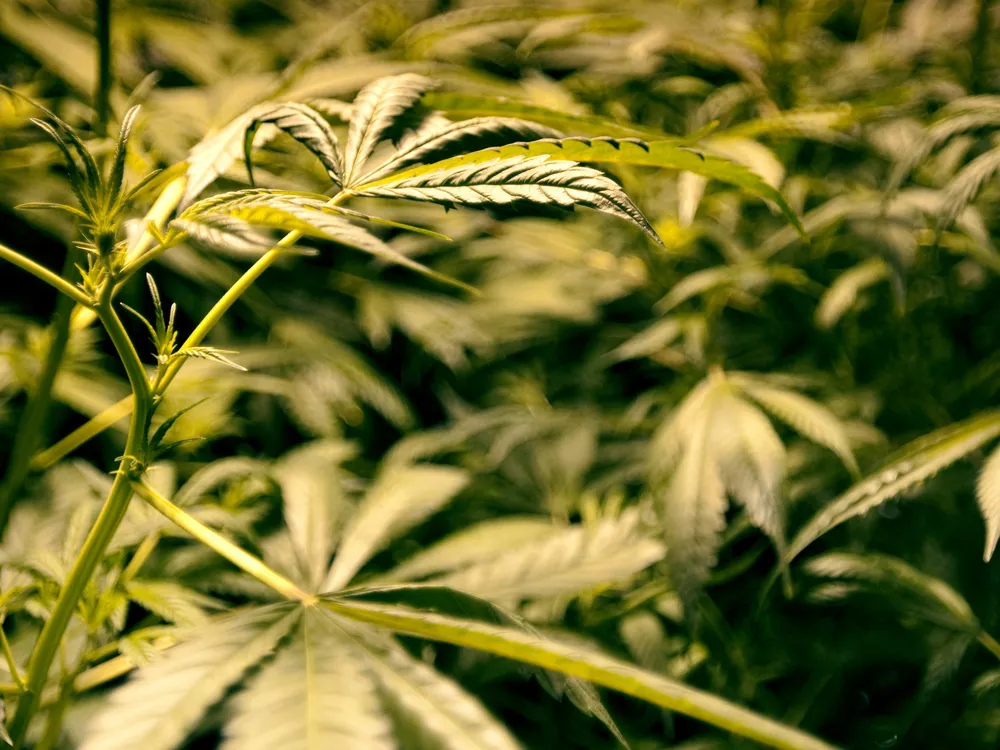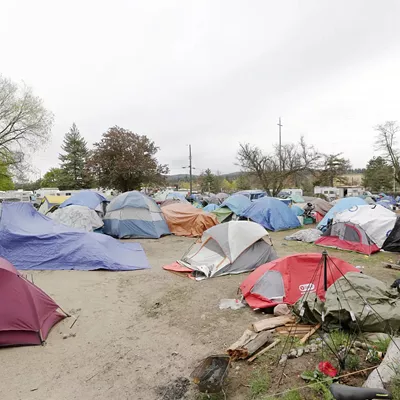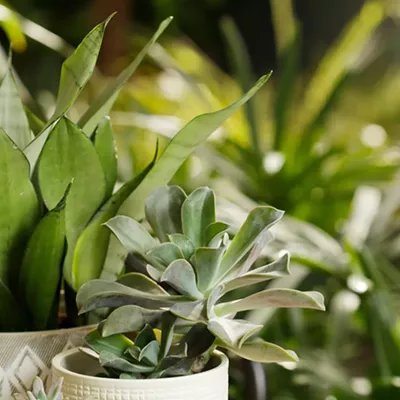Guess who is most worried about the passage of Washington Initiative 502? Members of Mexican drug cartels, that’s who. You know, they’re the thugs behind 14 headless bodies burned in cars in northern Mexico, a gun battle that killed 11 outside a church in Guerrero and an attack on mourners at a funeral just across the river from Texas that killed eight, including a 6-year-old girl. And those are just the headlines from the past couple weeks.
“The Mexican cartels are probably the most organized, well-funded, vicious criminal organizations that we’ve ever seen,” says Chicago-based DEA agent Jack Riley, who echoes the fact that more and more law enforcement officials are losing faith in our drug policy.
The cartels are shooting each other over the billions of dollars generated by drug smuggling and sales in the United States. One of their biggest pipelines runs right through Washington state, from British Columbia, where marijuana is the cash crop, all the way to Southern California, where countless buyers along the drug highway fuel this bloody business.
This grim picture begs for a solution. Meet I-502.
Crafted right here in Washington state, with input from a wide variety of respected public policy organizations, 502 aims to end the insanity that is our drug policy. Not only would the law regulate and tax the newly legalized marijuana, but it would also take organized crime out of the equation.
If this sounds familiar, it’s because you’ve heard this story before — with the same good intentions, and the same doomed-to-failure result. Yes, we’re right where we were in the 1920s under Prohibition. Alcohol was illegal for 14 years in America, but anybody who wanted a drink could find one, and gangsters ran the whole operation. As with alcohol, even the best laid plans have done little to stop demand for marijuana. Like it or not, many of your otherwise-law-abiding fellow Americans smoke pot: It’s part of our society.
Maybe it’s the fact that we just can’t afford to keep clogging our courts and jailing low-level pot dealers, or that it’s immoral to criminalize those who seek the drug for medical relief. Whatever the reason, there’s been a host of leniency laws passing across the nation. Washington’s will be the most comprehensive and best thought out of the batch, forcing a national discussion. And here’s another selling point: Independent analysis shows Washington could benefit from marijuana taxes (as we do with tobacco) to the tune of $2 billion over the next five years. We could use that money right now.
Some argue that since marijuana is illegal in the eyes of the feds, why try? Well, real change often has no other path than through the states. And when the feds pulled the rug out from under Washington’s citizen-approved, working-just-fine medical marijuana system over the past year, it begged for a rebuttal.
If 502 passes, would the Department of Justice, whether under Obama or Romney, really start messing with state’s rights over a policy that is failing so abjectly? Or would Congress take up the issue and grant states an opt-out clause on enforcing federal marijuana laws? Either way, 502 will redefine the debate.
A word about kids and drugs, a key consideration for any voter: As public health policy, would I-502 make marijuana more available to our children? Common sense says no. Marijuana would be controlled the way we control alcohol; it’s not a perfect system, but it’s a lot better than enabling a market to flourish in which citizens (kids especially) must interact with who-knows-how-dangerous an illegal dealer. As with alcohol, it’s still up to parents to prepare their kids to deal with the dangers of a drug like marijuana.
By clinging to a policy just like the one America watched fail for 14 years, we are all part of the problem. The black market we seem to defend fuels the carnage created by the Mexican drug cartels and their foot soldiers. I-502 is our chance to clean up this mess.




















